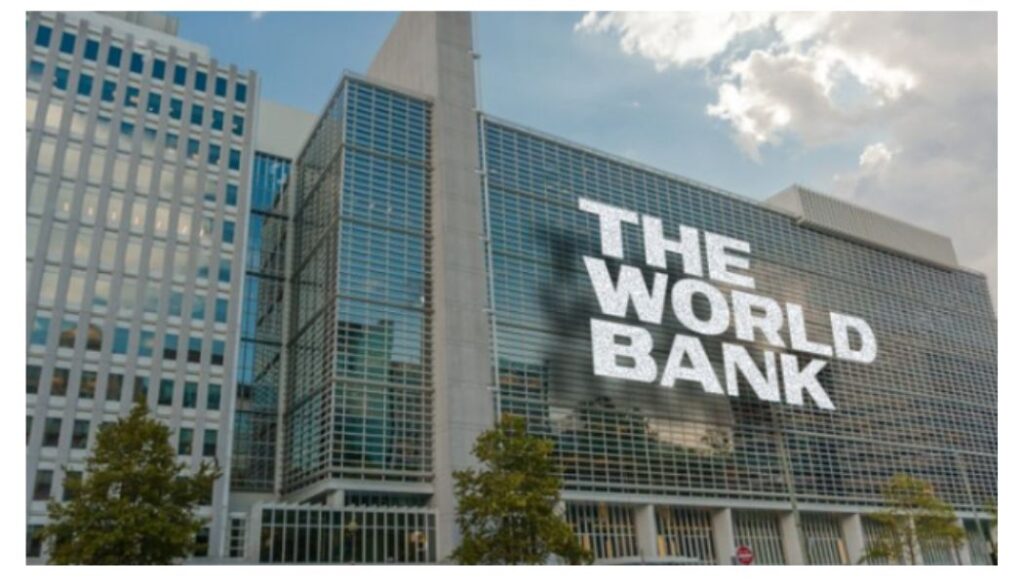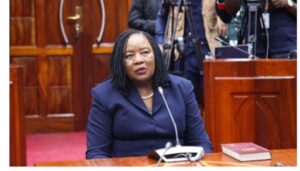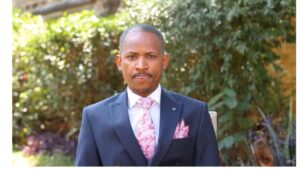World Bank recommends privatization in new 5-point economic reform plan for Kenya

World Bank recommends privatization in new 5-point economic reform plan for Kenya
The World Bank has unveiled a comprehensive five-point economic reform plan for Kenya, with state-owned enterprise (SOEs) privatization featuring prominently among measures designed to boost growth and create quality jobs.
In the Africa’s Pulse Report released on Tuesday, October 7, the international financial institution outlined a sequenced reform strategy that combines fiscal policy, governance measures, and structural changes to simultaneously tackle the country’s debt challenges while delivering inclusive economic growth.
The report, the World Bank’s 32nd biannual economic update for Sub-Saharan Africa, devotes a special focus to Kenya as a case study for implementing policy packages that can transform the region’s economic trajectory and address the mounting jobs crisis facing the continent.
According to the report, Kenya’s Public Finance Review proposes five interconnected policy packages designed to exploit complementarities among different fiscal and structural actions while strengthening the country’s social contract.
The first package focuses on strengthening governance to rebuild trust in government, to help restore public confidence in state institutions, and create an environment where subsequent economic reforms can gain citizen support and succeed.
Secondly, fiscal reforms to boost competitiveness and support the implementation of the African Continental Free Trade Area (AfCFTA).
Focusing on one entity that has long been at the centre of public debate, the institution addresses the contentious issue of state-owned enterprises, recommending the privatization of SOEs that operate in competitive sectors while enhancing governance in other areas.
Subsequently, the World Bank targets inefficient and inequitable subsidy programs, proposing reform to implement more targeted support for the poor.
The last proposal is to leverage fiscal resources from property taxation and repurposing existing resources to transform cities into production hubs that create more and better jobs.
Elderly man dies at Bungoma Law Courts
Moi trusted me, gave me direct hotline to State House; Ruto
Concern over foreign nationals seeking to register as voters
Medical helicopter crashes on highway
The report suggests a three-phase implementation approach.
In the first phase, Kenya should implement fiscal and governance measures to restore budget credibility, build public trust, and ensure fiscal sustainability.
The second phase involves deploying a combination of fiscal, governance, and structural measures to deliver productivity-driven growth, quality jobs, equity, and increased fiscal space.
The final phase focuses on mobilizing additional resources to fund efficient public services sustainably, especially in critical sectors like health and education.
The recommendations for Kenya come against a backdrop of modest regional economic recovery.
Sub-Saharan Africa’s economy remains resilient, with growth projected to reach 3.8 percent in 2025, up from 3.5 percent in 2024, according to the press report released in Washington on Tuesday.
The World Bank warned that downside risks loom large, including the indirect effects of global trade policy uncertainty, declining investor appetite, and a shrinking pool of external finance, including declining official development assistance.
MP claims life in danger amid alleged threats from Speaker Wetang’ula
Kenya Power records Ksh.24.47B profit, 18.7% fall from last year
Nairobi Water announces mass water disconnections
I’m not bitter over dismissal from Cabinet; Former Ruto CS
Hustler fund defaulters blocked from getting NYOTA programme fund
Follow us






